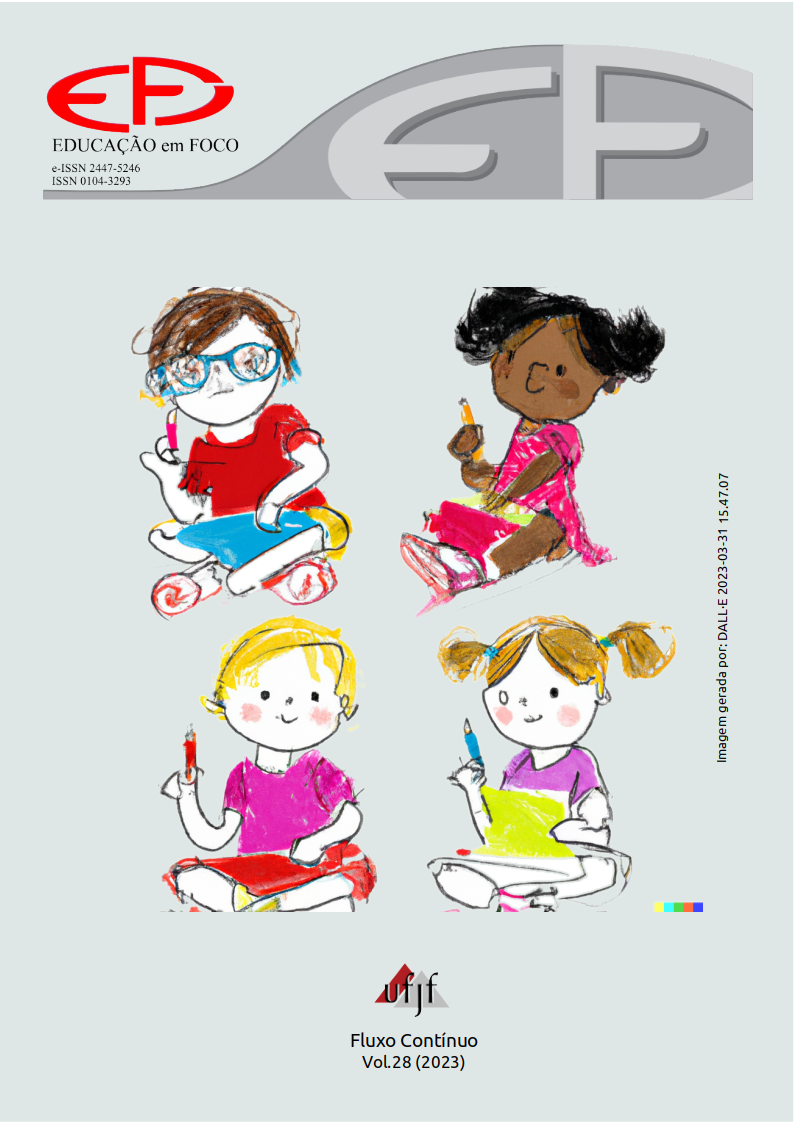O ENSINO POR INVESTIGAÇÃO E A ALFABETIZAÇÃO CIENTÍFICA NO ENSINO DE BIOLOGIA DO NOVO ENSINO MÉDIO
DOI:
https://doi.org/10.34019/2447-5246.2023.v28.40621Resumo
A saber da organização do ensino médio no contexto da Lei nº 13.415/2017, esta é classificada por estudiosos diversos como uma contrarreforma pelas perspectivas economicista, pragmática e reducionista, considerando-a um ataque à formação critica principalmente da classe trabalhadora. Com vistas à materialização de uma pedagogia de contraposição à reforma, questiona-se como os professores de biologia poderiam contribuir para o desenvolvimento da capacidade crítica e emancipatória dos estudantes e futuros intelectuais orgânicos da classe trabalhadora para que estes posteriormente tenham condições de se posicionarem a favor de sua classe e atuarem como agentes transformadores da sociedade. Tendo como hipótese a utilização da Alfabetização Científica e do Ensino por Investigação como estratégias didáticas capazes de materializarem a contraposição à reforma, esta pesquisa teve como objetivo investigar a concepção e implementação do ensino por investigação na alfabetização científica no ensino da biologia do Ensino Médio em Tempo Integral (EMTI) da rede estadual de ensino de Uberaba no contexto do novo ensino médio. Para atingir este objetivo, com uma abordagem qualitativa descritiva, utilizou-se como ferramenta metodológica a pesquisa bibliográfica, o estudo de campo e o questionário semiestruturado para professores de biologia do EMTI. Como resultado constatou-se que os professores tem ciência das reais finalidades da reforma, acreditam que ela não favorece a formação crítica e emancipatória dos jovens e reconhecem na Alfabetização Científica realizada com o auxílio do Ensino por Investigação, estratégias de pressupostos antagônicos aos preconizados pela reforma, potencial para contribuírem para o desenvolvimento da capacidade crítica e da independência intelectual dos jovens.
Downloads
Downloads
Publicado
Como Citar
Edição
Seção
Licença
Ao submeter um artigo à revista Educação em Foco e tê-lo aprovado, os autores concordam em ceder, sem remuneração, os seguintes direitos à Educação em Foco: os direitos de primeira publicação e a permissão para que Educação em Foco redistribua esse artigo e seus metadados aos serviços de indexação e referência que seus editores julguem apropriados.

















